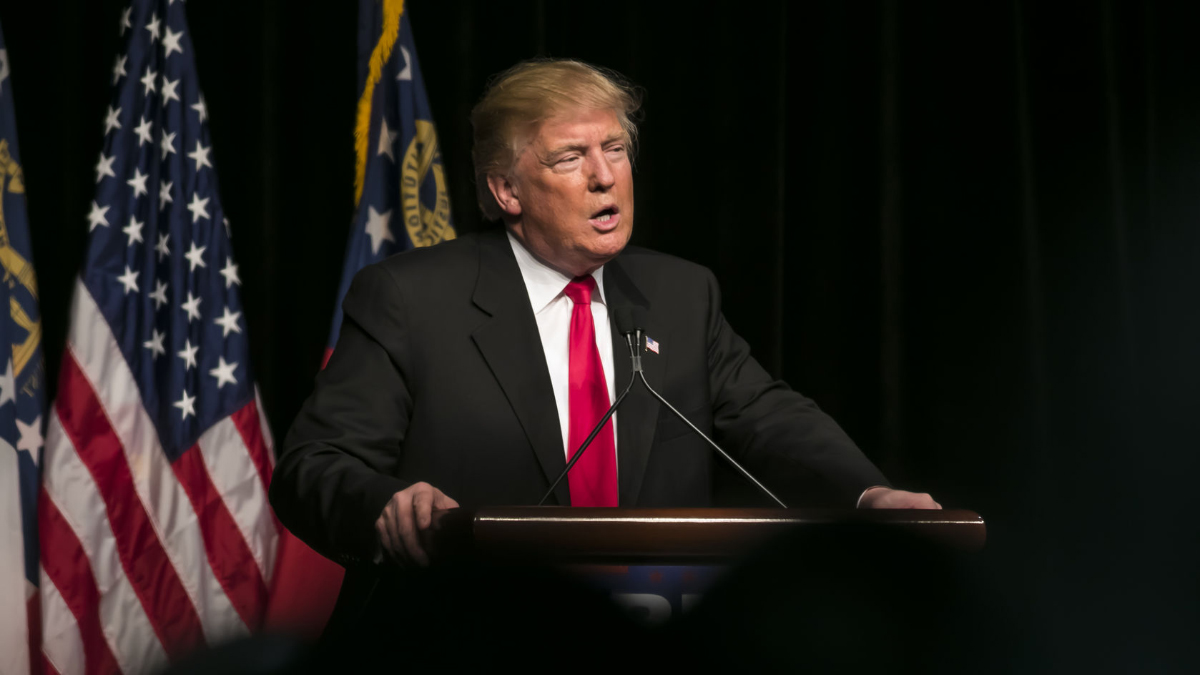President-elect Donald Trump, during his campaign, refreshingly criticized Republican George W. Bush’s war in Iraq and Democrat Barack Obama’s war in Libya; seemingly advocated a more restrained American foreign policy abroad; touted the need for a better relationship with Russia; and even propounded a badly needed reassessment of overextended U.S. alliances around the world. However, already his apparent consideration of the usual hawkish Republican retreads for top foreign policy and national security posts threatens to take him down the well-worn path of the Bush presidency he so vehemently criticized during the political season.
In the 2000 presidential campaign, George W. Bush, to distinguish himself from the interventionist presidency of Democrat Bill Clinton, promised a “more humble foreign policy.” Yet, after he became president, Bush, advised by neo-conservative hawks, took advantage of the tragic 9/11 attacks to invade a Muslim country that had no part in those attacks—Iraq. This invasion was one of the biggest foreign policy blunders in American history—turning into a U.S. quagmire that destabilized both Iraq and Syria and led to an Islamist guerrilla opposition movement that ultimately became the brutal group Islamic State, with which will Mr. Trump will now have to contend.
Yet disappointingly, Trump’s rumored consideration of former Speaker of the House Newt Gingrich, Sen. Bob Corker (Chairman of the Senate Foreign Relations Committee), and former diplomat and neo-conservative John Bolton for Secretary of State point in the direction of continuing the standard Republican hawkish foreign policy of George W. Bush—about which Trump complained in the campaign and which the American people resoundingly rejected in the election.
For defense secretary, the seeming consideration of Sen. Jeff Sessions (R-Ala.), former Bush National Security Adviser Stephen Hadley, and former Sen. Jim Talent (R-Mo.) seem to go down the same road. The apparent consideration of Lt. Gen. Michael Flynn, former Director of the Defense Intelligence Agency and Rep. Duncan Hunter (R-Calif.) for National Security Adviser also have an excessively muscular tinge.
For such high security posts, some Trump consideration is needed of fresh voices on the right who advocate the time-tested and more restrained foreign policy of the nation’s founders—to be more aligned with Trump’s campaign rhetoric to the American people implying fewer entanglements in exhausting faraway foreign wars, better relations with great powers such as Russia, and reassessment, and perhaps a scaling back, of the costly U.S. role in a globe-spanning network of outdated alliances.

















